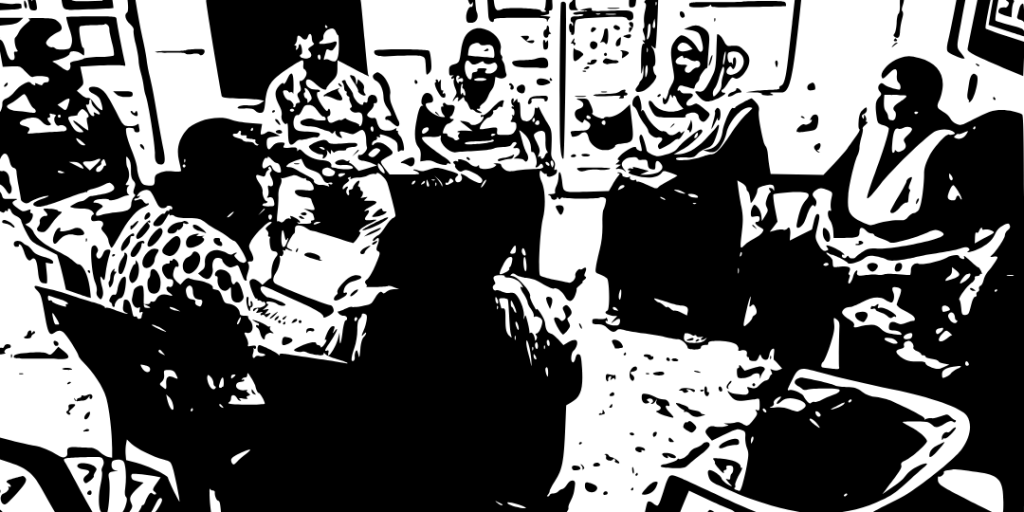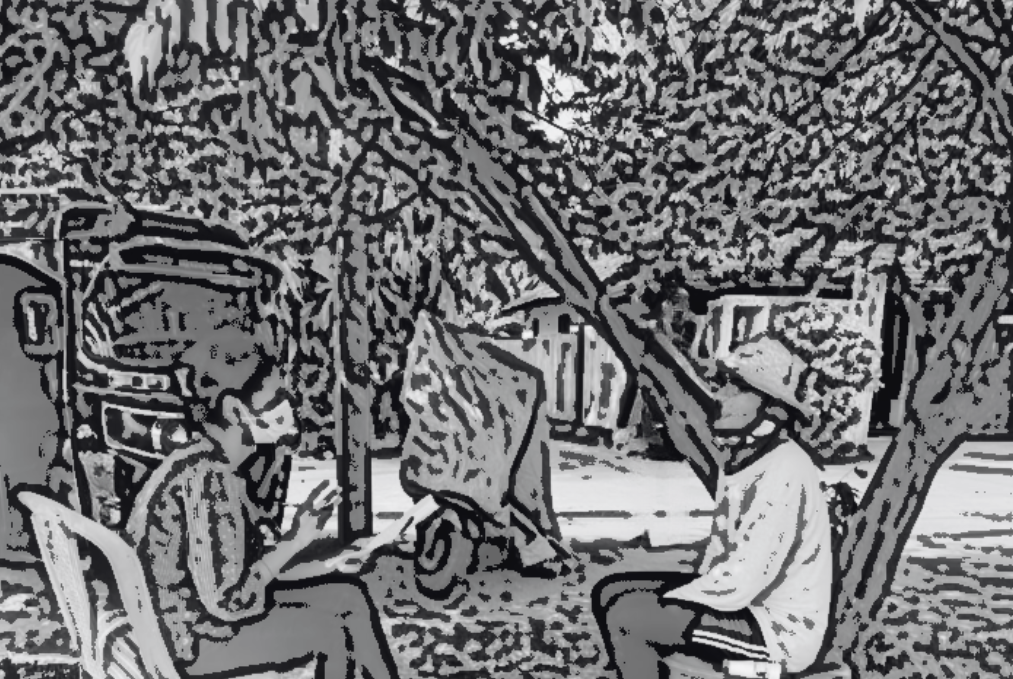Community-Rooted Research To Reduce Incidents of Violence Against Minorities in Sri Lanka

NGFP 2023 Fellow Ammaarah Nilafdeen has big plans this year.
As the winner of the annual NGFP $10,000 prize, she is gearing up to return to the East Coast of Sri Lanka, where communities she’s worked with previously had requested that she continue her research on the forces fueling discrimination against religious minorities.
The prize will enable Ammaarah to further study the regional groups that either support or adopt ideologies similar to those of India’s Hindu nationalist movement. Her research will focus on the impact of these groups’ activities on the Hindu, Christian, and Muslim minorities of Sri Lanka. This is an expansion of her NGFP project, which started out with a focus on understanding the drivers of discrimination and bias targeting the Muslim community.
Over her fellowship year, she recognized that it was neither fair, nor possible to study acts of targeted discrimination against only one minority group when her research kept directing her to issues impacting different minority groups. She said the fact that NGFP was not rigid and allowed a pivot when the data shows it to be necessary was “a huge relief.”
“One thing I try to be mindful of in my work is not letting the data I collect go to waste. Because if I do so, I’m essentially letting the communities down,” she said. “What I’m planning to research has previously been identified as a conflict driver, with some existing writings on it – but this information is too scattered. So when communities tell me directly that this is an issue that could impact the future of religious freedom in the district, I felt the need to study it with them.”
Ammaarah and 16 others from the 2023 cohort applied for the prize at the end of their fellowship year – each submission laid out brilliant project achievements, insights, lessons and scaling plans.
Ultimately, Ammaarah’s cutting edge way of integrating foresight into research, commitment to community – both in her work in Sri Lanka and within the NGFP network, and the potential long-term and systemic impact of this work, won the judges over.
One of Ammaarah’s realizations throughout her NGFP journey is that foresight can be integrated into research and make it better. She says functioning from a future-oriented perspective is to function “with hope.”
“Considering that we’re living through some of the most trying times of our generation, I think it’s quite radical to wake up every day and work towards an alternative future. My journey with NGFP has taught me that foresight can be integrated anywhere if you just find your entry point.”
Like other young, Muslim women researchers in the country, Ammaarah faces multiple barriers.
Research in Sri Lanka is a vibrant space, but it’s also undervalued and underpaid, she explained. Additionally, for someone from a religious minority, studying religious freedom requires a lot of emotional labour. But discussing these types of behind-the-scenes reflections on the research process is considered taboo in the professional space.
“Sometimes it gets hard to draw a wall between your personal experiences and what that community is experiencing. But none of this gets spoken of in the research sector. And these are not things you can write in a proposal and expect a funder to understand.”
With a job that requires so much travel to remote parts of the country, the patriarchal expectations on young women can add a lot of pressure. They face resistance from within and outside their own communities.
“The work that female Muslim researchers across the country are doing is disrupting the status quo, and that means we face a lot of resistance,” she explained. “Waking up at 3 am to go to the field is a huge privilege for a Muslim woman because it’s not something that every family would allow. There are multiple layers of societal barriers that Muslim women must overcome to fully engage in hands-on, ground-level research. Even after overcoming so many barriers, we still face challenges in being taken seriously for our work.”

But there is power in community. As part of her NGFP journey, Ammaarah signed up to co-lead the new Peace & Security hub. It was a lesson in community building across countries and continents, she said.
What began as a short call to Siddhi Ashar (2023 Climate & Just Transitions Fellow, India) became a three-hour Zoom session. Eventually, she also met Nathaniel Beckett (Sensing Network member, UK). Siddhi, Ammaarah and Nathaniel became the first focal points of the hub and established an engaged community where Peace & Security practitioners can find support, a sense of belonging and learn together. It’s a beautiful collective effort that came together organically, supported by momentum from the NGFP team, Ammaarah says.
Additionally, discussions with Peace Hub members and fellow 2023 cohort member Carlo Lopa (Democracy & Governance Fellow, The Philippines) affirmed that she was not alone in her frustrations about changemaking work as a young person facing so much resistance.
“It’s not easy to be young and have big ideas and aspirations.”
She’d since become good friends with Carlo, Siddhi, Nathaniel and Miguel Bello (2023 Peacebuilding Fellow, Colombia) despite never meeting in person.
“I’ve really re-evaluated what it means to be part of a community. For me, this translates to the Peace & Security hub. It’s so hard to build connections with people through a screen. Working with NGFP has really made me think that it’s possible.”
“I think it’s huge for an online community, what the hub has achieved. The focal points show a genuine drive and strong trust both in each other and our ability to deliver.”
Now, Ammaarah is ready to take her project to the next phase.
“I try to think of this award as a blessing, and a way to continue the work I have started. This also means that I will hopefully be able to convert some of this work into forward-looking solutions that help mitigate risks these communities could face.”
“I consider this award a way to reconnect with those I worked with during the fellowship and to collaborate with them once more – it’s truly a privilege.”